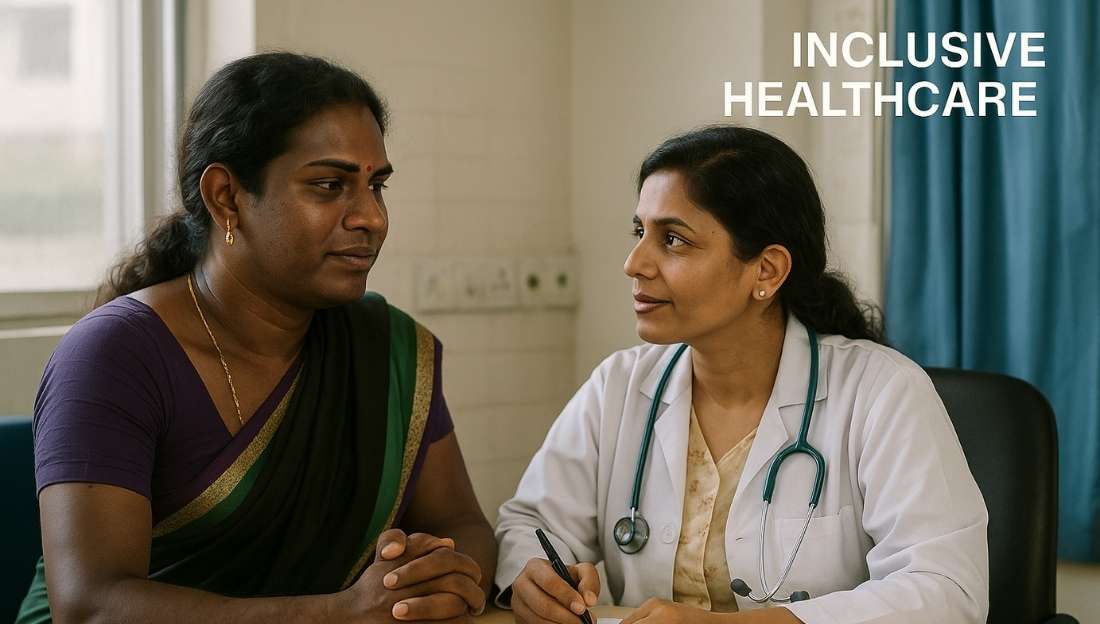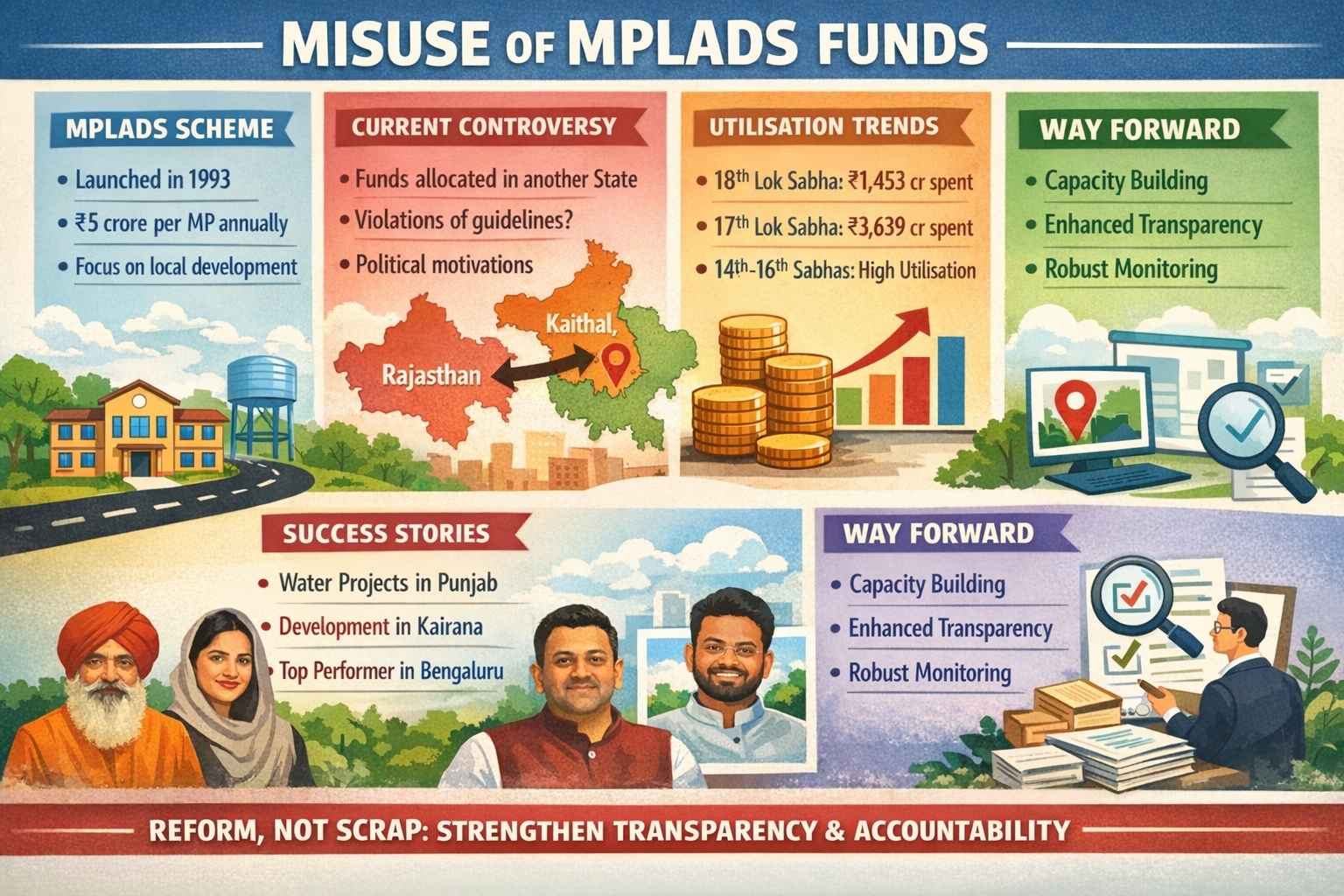Tamil Nadu is in the news for introducing new reforms to strengthen transgender-inclusive healthcare, making it a leading State in providing gender-affirming services, insurance coverage, and rights-based health policies.
Why Transgender Persons Face Healthcare Barriers
- Limited trained healthcare providers, especially in transgender medicine, results in misinformation, stigma, and unsafe practices.
- Many patients face restricted access to gender-affirming hormone therapy or surgeries.
- Discrimination, humiliation, and ignorance in hospitals discourage individuals from seeking timely care.
- Social barriers such as homelessness, low education, unemployment, and lack of insurance coverage worsen exclusion.
- Hostile treatment in institutional settings often pushes transgender persons away from formal medical systems.

Tamil Nadu’s Reforms in Transgender Healthcare
- Tamil Nadu was the first State to establish a Transgender Welfare Board (2008), integrating health, education, and livelihood support.
- The Rajiv Gandhi Government General Hospital set up India’s earliest government-run gender-affirming surgery unit, later expanded into Gender Guidance Clinics (2018).
- Under National Health Mission, clinicians received training in gender-sensitive practices.
- The 2019 Transgender Persons (Protection of Rights) Act shaped sustained policy action.
- The State removed the ₹72,000 annual income cap for enrolling transgender persons under CMCHIS-PMJAY and waived the requirement of a ration card for abandoned individuals.
- By 2025, over 5,200 transgender persons are expected to be enrolled under insurance schemes.
Expansion of Insurance Coverage
- Tamil Nadu, in 2022, included gender-affirming surgeries, hormone therapy, and related follow-up care under the Chief Minister’s Comprehensive Health Insurance Scheme (CMCHIS).
- These services, earlier financed solely through hospital funds, are now covered under a five-year insurance model.
- This makes Tamil Nadu the first region in South Asia to bring transgender healthcare under universal health coverage.
Remaining Challenges
- Gender Guidance Clinics must expand into comprehensive, multi-level services (primary to tertiary).
- There is a need for more trained doctors, counsellors, and para-medical staff.
- Persistent societal stigma, police harassment, and employment discrimination hinder access.
- Strong community participation is required to ensure continuity of care.
Social Welfare & Financial Inclusion
- SMILE Scheme (2022): Provides shelter homes, food, skill training, and rehabilitation for transgender persons.
- Garima Greh Homes: Safe housing, counseling, and support services funded by the Ministry of Social Justice.
- Inclusion in priority groups for welfare schemes like pensions, housing, and scholarships.
Conclusion
Tamil Nadu has set a progressive benchmark for transgender-inclusive healthcare by embedding dignity, rights, and financial access into policy. While challenges continue, the State’s approach reflects the essence of equity-driven public health, offering a model other States can adapt for inclusive development.
This topic is available in detail on our main website.





